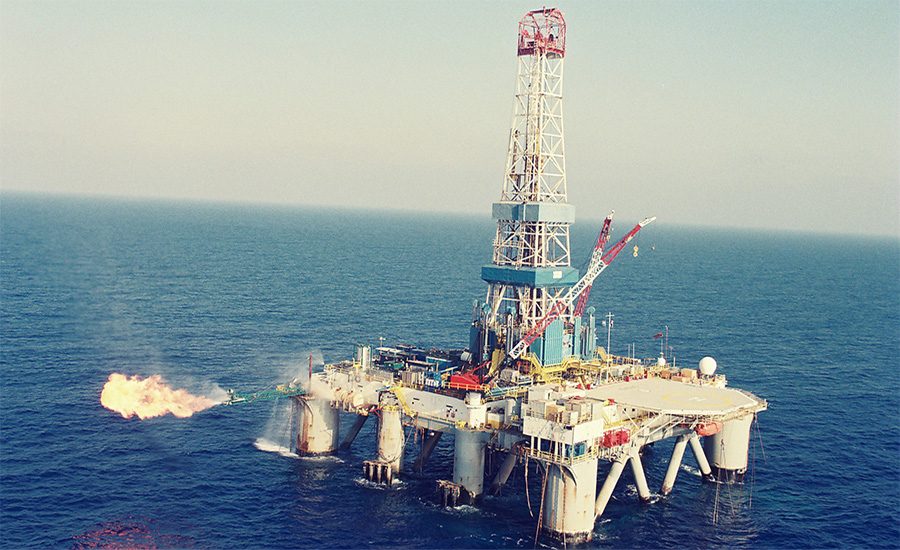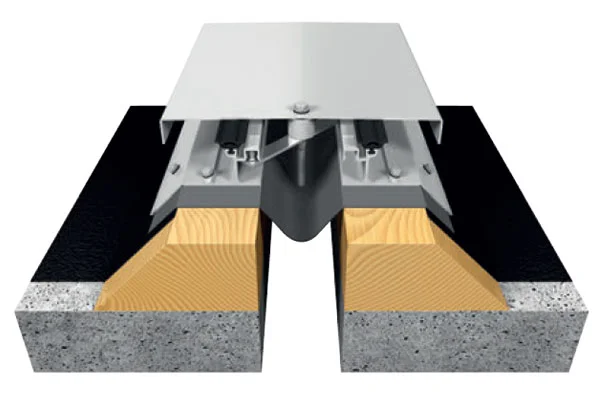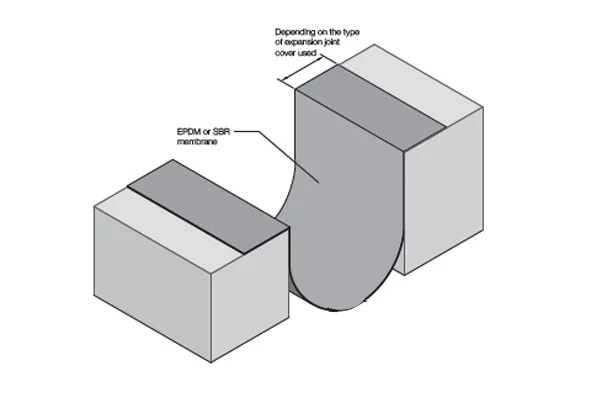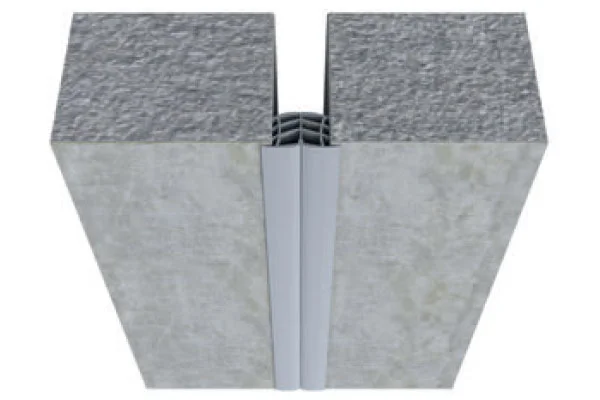
Israel’s Energy and Infrastructure Ministry has approved a new onshore natural gas export pipeline linking the Ramat Hovav industrial zone in the Negev Desert region to the Nitzana border crossing with Egypt. The $610-million project, to be built and operated by Israel Natural Gas Lines, will expand Israel’s export capacity by 6 billion cu m (bcm) annually, equal to about 600 million cu ft per day.
NewMed Energy, the Israeli exploration firm holding a 45% stake in the Leviathan offshore gas field in the Mediterranean Sea, states in regulatory filings that the Nitzana project consists of a 36-in., 67-km pipeline and a new compressor station at Ramat Hovav.
Chevron Mediterranean Ltd., Leviathan’s operator with a near-40% interest, has committed to an EPC contract with INGL for the compressor, valued at $285 million.
The filing notes that Leviathan partners, which include Israel-based NewMed Energy and Ratio OIl Corp., will cover any budget overruns, with Chevron estimating potential excess costs of about $65 million.
Under the transmission agreement, Leviathan partners are guaranteed firm rights to one-third of the pipeline’s capacity, with the option to expand to 100% if other fields do not exercise rights.
The Natural Gas Authority set daily firm allocations at roughly 140,000 MMBtu for Leviathan at a one-third share, with 70% of each allocation classified as firm transmission and 30% as interruptible.
The contract term is 15 years from the start of flows, with a five-year extension option. Flows must begin within 36 months of conditions precedent being met. Payment terms require 40% of project costs to be disbursed once conditions are satisfied, with the remaining 60% tied to construction milestones. The agreement also includes a termination clause allowing Chevron to exit if exports to Egypt fall by 90% or more for reasons outside its control, with reinstatement possible if flows resume.
Construction is scheduled to begin before the end of 2025 with commissioning expected in 2028. Once operational, the pipeline will raise Israel’s total gas export capacity to Egypt to more than 2.2 billion cu ft per day, supporting Leviathan’s $35-billion export contracts through 2040.
Additional supply diversity is planned. Energean has told investors it will book capacity on the Nitzana line for gas from its Katlan field, scheduled for first production in 2027, adding up to 2 bcm per year to cross-border flows.
Egypt is reinforcing its receiving system in parallel. The Petroleum Ministry has confirmed that a second floating storage and regasification unit with 750 million cu ft per day capacity will begin service at Ain Sokhna in the second half of 2025.
Prime Minister Mostafa Madbouli inspected port works in June for the Energos Eskimo FSRU, which is being integrated at SUMED’s Gulf of Suez terminal.
Egypt has also worked to frame the expansion politically. Madbouli said the $35-billion supply deal represents an extension of its 2019 import pact with Israel, not a wholly new contract, a clarification aimed to manage domestic sensitivities.
Policy analysts note the stakes: the Institute for National Security Studies in Tel Aviv has reported that gas now makes up roughly 86% of trade between Israel and Egypt and that the 2024 Egyptian energy crisis “highlighted Israel’s importance as a natural gas supplier.”
Middle East Economic Survey has cautioned that disputes over volume allocation and cost-sharing in the Nitzana project “threaten to cap future gas flows.”
With approvals in place, financing committed, EPC contracts signed and Egypt expanding its downstream system, the Nitzana pipeline is positioned as the critical onshore corridor to deliver contracted Israeli gas volumes to Egypt through the next decade.








